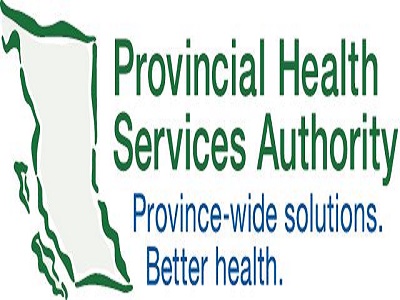Eastern Illinois University
 Millersville University Health Services is dedicated to making sure a healthy residing and learning surroundings at Millersville University. Academic success and personal development can only be enhanced by means of a wholesome campus neighborhood. Health Services is dedicated to providers that promote wholesome life-style selections, preventative medication, and health training.
Millersville University Health Services is dedicated to making sure a healthy residing and learning surroundings at Millersville University. Academic success and personal development can only be enhanced by means of a wholesome campus neighborhood. Health Services is dedicated to providers that promote wholesome life-style selections, preventative medication, and health training.
Our children need to really feel blissful and whole. Sometimes in life dad and mom encounter difficult circumstances akin to poverty and illness. Indeed some mother and father may have a disabled son or daughter, or perhaps their baby has a persistent illness and this can have a detrimental have an effect on on their mental health. Marriages change into strained underneath such stressful situations reality is that parents must be emotionally and physically supportive in the direction of their youngsters but equally there could also be circumstances the place those parents need a lot of additional support for his …
Continue Reading